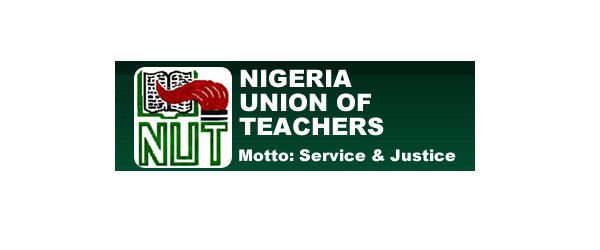MacArthur Foundation Nigeria has urged the Federal Government to put in place a transparent process that will enable it to recruit people truly interested in becoming teachers.
The Deputy Director of the foundation, Mr Olaide Oladayo, was speaking against the backdrop of the Federal Government’s planned recruitment of 500,000 teachers nationwide.
Oladayo told the News Agency of Nigeria (NAN) in Abuja on Thursday that the recruitment of unqualified teachers at the take-off of the Universal Basic Education in 1999, contributed immensely to the decline in the nation’s education sector.
“There are several processes that can help the government ensure that indeed, it is able to recruit 500,000 teachers, the best teachers out there.
“But also those who might not be in the teaching profession that are eager to come into the teaching profession.
“Ensure that government has a workable understanding with the states, because this is not
something that the government alone can do.
“It will have to be done in partnership with the states and the different bodies with oversight and regulatory functions at the Federal level but also at the state level.
“The most important thing to stress is that government needs to put in place a very transparent and laborious process that enables government to reach out to people who are truly desirous of coming into the education sector.
“What government doesn’t want to do is to repeat the disaster, the mistake that was made at the take off of the UBE programme in 1999, where for the sake of recruitment, a lot of underhand and under-table processes and transactions took place.
“People saw the recruitment as money-making opportunity; we don’t want a repeat of that because a repeat of that at the present state of education in Nigeria can only lead to disaster.”
Oladayo further advised the Federal Government to check the incidence of corruption in the recruitment process to ensure that only those qualified for the job were recruited.
“There are a number of points where corruption has played a major role.
“By reason of bribery or demand for bribe, demand for sexual and other forms of gratification from would-be candidates, a number of qualified teachers has been prevented from coming into the system.
“If government would pay attention to those gaps and begin to block them, but also try as much as possible to improve the recruitment system.
“That would probably reduce the influence of corruption, and therefore, free the gate for those who want to come in to actually be able to come in based on merit.
“The system is not yet totally worked out but the important thing to note is that government needs to provide more information about how it intends to do this.
“It needs to bring on the table, a lot more stakeholders within the sector, particularly, non-state actors who are then able to provide monitoring support to the government.
“We don’t want a situation where you simply hand the recruitment over to a handful of people who then decide to commercialise it and see it as an opportunity for making money.”
He said it would not be proper for unemployed teachers to be given preference in the recruitment, saying that being a teacher should not be the major criteria.
“If you look at what the different state governments have done in terms of teacher education programme, a number of them have conducted assessment to establish the quality and the capacity of existing teachers.
“There are a number of programmes that are now coming on board; some of them are basically to help the teachers that are not doing well improve their capacity. “
“In some states, the programmes includes that you want to be able to move some teachers that are occupying some positions where they do not qualify and have the capability to impact knowledge.
“They want to move them to a different level where their capacity is actually good enough.
“Such multiple approaches is what government will need to do to be able to have the appropriate mix of teachers in the system and teacher distribution that is effective and contribute to improved learning.
“But the argument that those in the system that have been trained be given preference, I think only to the extent that those teachers have been certified to be qualified.
“I don’t think what we need at this stage is to allow favouritism, nepotism, again, blind us to the realities; we don’t want to keep teachers who are not qualified in the system.’’
He urged the government to consider engaging the teachers in a way that would enable them to be play alternative roles in the sector based on their capabilities and strengths.
“Government should be able to engage them in alternative roles where their capabilities and strength actually will enable them to be able to deliver and contribute to the educational system.
“We cannot afford to keep people who are not qualified in the system any longer than necessary.” (NAN)

